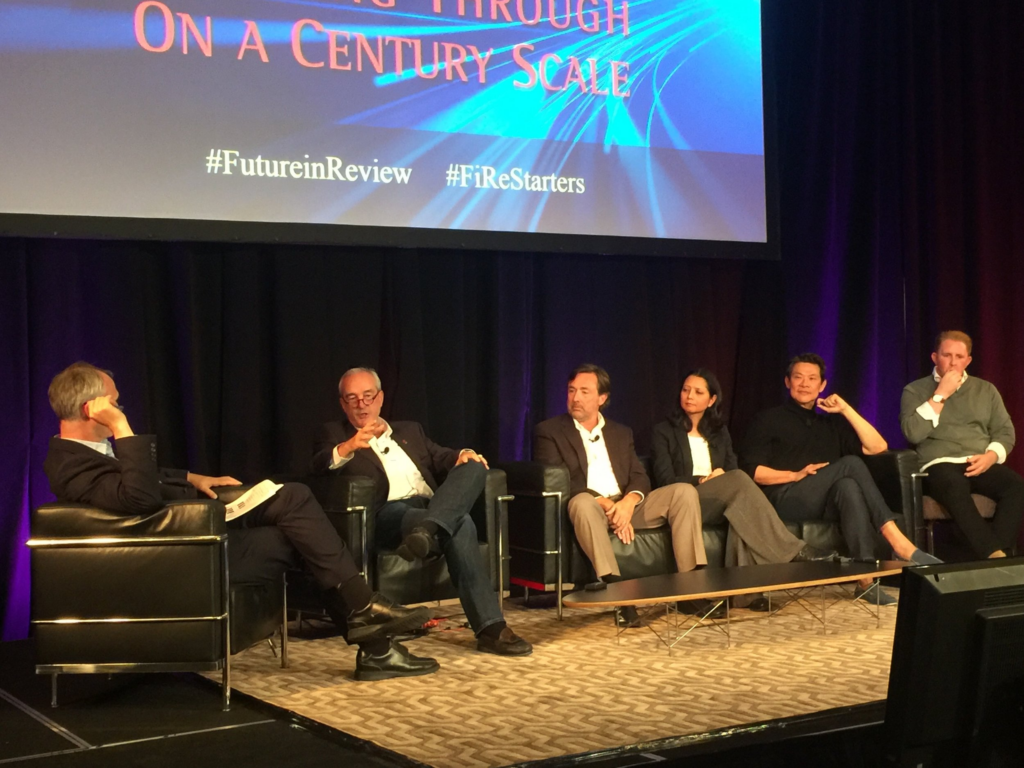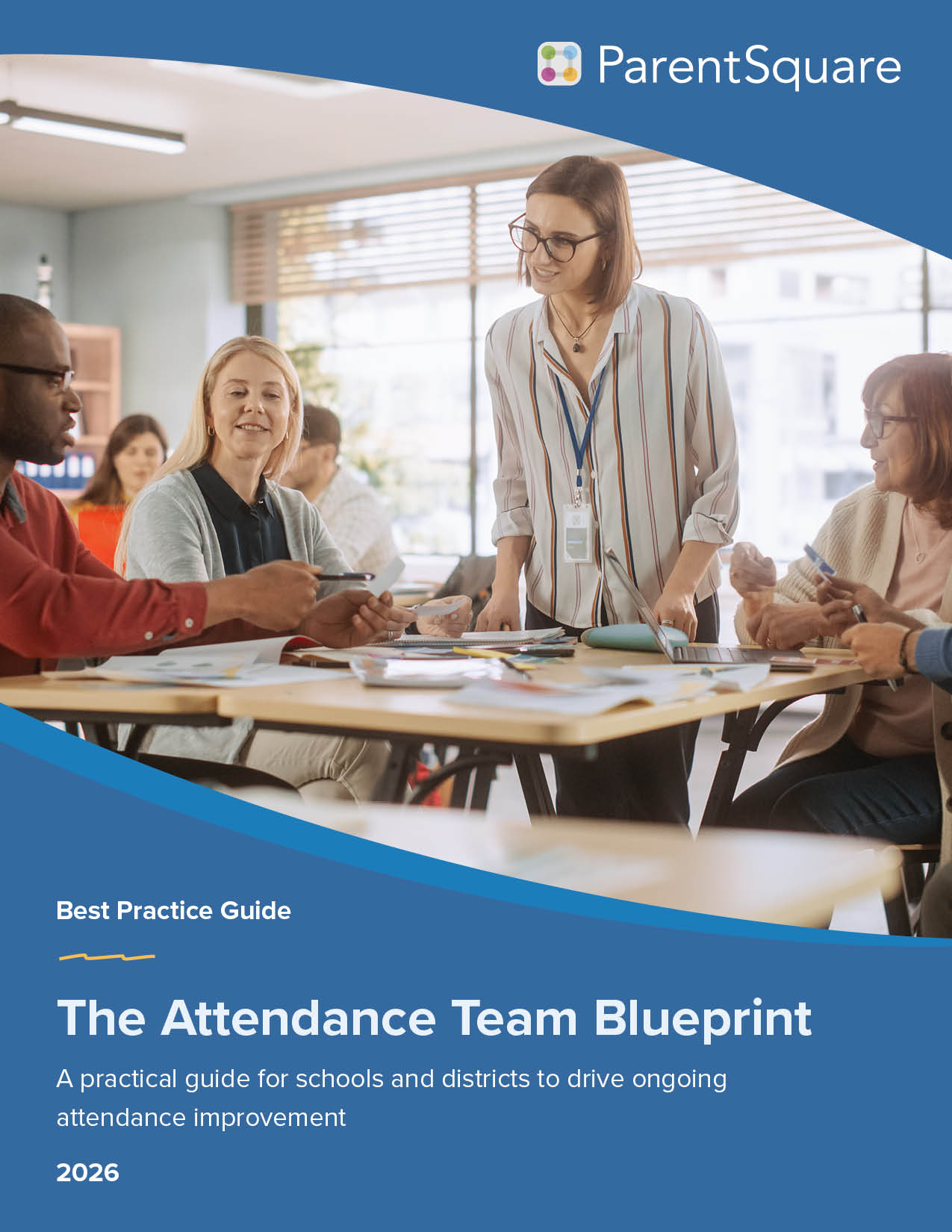ParentSquare was honored as a FiReStarter company at the 15th annual Future in Review (FiRe) Conference. Described by The Economist as “the best technology conference in the world,” FiRe features global speakers and participants in technology and the global economy, including Elon Musk, Craig Venter, Michael Dell and many others.

The panel talk with Anupama Vaid discusses the missing piece in education. See the full talk below:
At ParentSquare, we believe that school-home partnerships are important for student success and that in today’s age, technology can help build those collaborative communities and the trust between schools and home, regardless of language, cultural or socio-economic barriers.
To explain what ParentSquare is let’s look back at education. The public school system came about in the 19th century as a result of the industrial revolution. The intent was to produce factory workers, teaching to conformity. Today we still see kids shuttled off to schools, where they are fed information and subjected to tests, regardless of their interest or capacity.
Bureaucracies, as we know, are extremely difficult to change. However, education just like the times we are living in is under a revolution. More and more educators and institutions are understanding that if they consider 1 + 4 = an average of 2.5, average informed responses completely miss the mark for 1 and the 4. Educators are introducing personalized learning, 1:1 tech devices, project-based learning, and talking about adaptive learning technologies.
As schools and educators take the leap and make the organizational shift to bring about the change in how to impart learning, and what to teach, a simultaneous change is needed in the thinking about where learning happens to bring about a deeper systemic change. Learning just like work is not just a place you go to, learning is what you do — wherever you are — in and outside of school, and beyond school for a lifetime. To support this learning revolution, schools need to enlist the help of parents — acknowledge parents as partners and as important teachers — and lead the way to a new organizational structure.
Consider these facts: Kids are in school only 14% of the year. As much as 50% of the variance in students’ test scores is explained by home-related factors; only about 20% is explained by schools. Research shows that families have more influence than schools on how well students achieve in both elementary and high school. Family involvement can move the needle esp. for our underprivileged families.
However, even though educators understand the paramount importance of inspiring parent engagement especially to level the playing field, this is often an overlooked field due to the time and energy commitments. This is where ParentSquare comes in. ParentSquare provides a turnkey solution for schools, allowing educators to open up lines of communication, automatically reaching each parent where they are, in the language they want and when they are ready for it.
Let me help you visualize.
Imagine a busy teacher who is being constantly asked to teach to the new norm. There is no time in the day for her to try and reach all parents — some use email, some phones, language differences. For her, it is enough to know that parents will find her if they need to — which does not usually happen, unless things are really wrong.
Now look at the ParentSquare way, ParentSquare plays well with school systems automatically creating communication groups for all educators at the school. Teachers can easily share information, pictures, and video — it is automatically delivered to parents — email, text, voice, app, in their own language, when they like it — during the day or in the evening. With each message going out parents can respond — they can say thanks, they can ask questions, opening up the lines of communication. This regular flow of communication encourages more communication and transparency. Now Instead of — “how was school today”, parents can have meaningful conversations. Teachers can share learning resources and videos that parents can share with kids and extend the learning home.
And extending learning home is the key, so our kids can understand that learning happens everywhere, and learn how to learn, becoming life-long learners.

